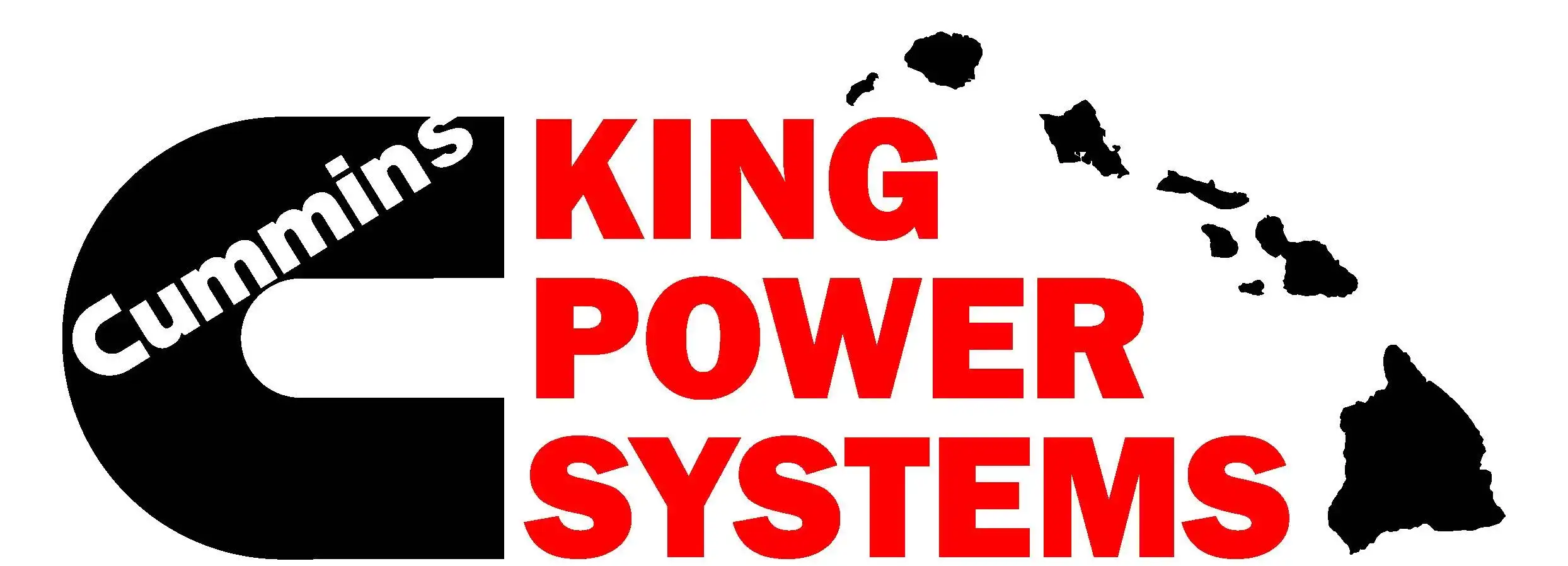GOVERNOR LINGLE UNVEILS PLAN TO CLOSE REVENUE SHORTFALL
Governor Linda Lingle today revealed her Administration’s plan to meet a projected $650 million revenue shortfall for the remainder of the current fiscal year (FY09) and the upcoming 2010-2011 biennium budget.
The plan combines the use of federal stimulus funds, tobacco funds, interest from and charges to various special funds, adjustments to selected benefits for state employees, and further tightening Act 221 tax credits.
“While we are working to take maximum advantage of the federal funds available through the American Reinvestment and Recovery Act, the additional federal funds alone will not be sufficient to close the projected revenue shortfall,†said Governor Lingle.
“In developing this balanced budget plan, our top priorities were to ensure we do not take any more taxpayer money out of the economy to support government, that we not add to the state’s unemployment by laying off employees, that we preserve essential public services, and that we continue to invest available resources in projects that will create jobs in the near term and achieve our long-term priorities such as energy independence. This budget accomplishes those goals,†the Governor added.
The Governor subsequently submitted an $81 million plan to close the FY09 shortfall through a combination of actions including transferring funds, placing restrictions on discretionary spending and using additional federal reimbursements for Medicaid.
“Over the past year, we have made difficult but necessary decisions to reduce spending to ensure the state lives within its means,†the Governor said. “At the same time, unprecedented national and global fiscal and economic challenges continue to impact our local economy and these realities mandate that we cannot continue to operate in a business-as-usual manner,†Lingle said.
“We also must resist the impulse to raise taxes and fees because Hawai`i’s families and small businesses are facing unprecedented challenges,†said Lingle.
The Governor pointed out that additional budget adjustments will likely be needed when the Council on Revenues meets again on March 12, saying she anticipates another downward forecast from the Council on Revenues.
In addition to the plan to close the FY09 shortfall, the Administration is proposing the following nine action items to provide the state with additional general fund revenues needed to close the revenue shortfall:
• Utilize federal stimulus Medicaid funds. Nearly half of the shortfall will be covered by an estimated $320 million in Federal Medical Assistance Percentage (FMAP) funds. The matching federal funds for treating Medicaid patients are part of the $15 billion in Medicaid assistance being made available to the states under the recently passed federal stimulus plan. Hawai`i is scheduled to receive $106.7 million for FY09, $142.2. million in FY10 and $71.1 million in FY11. As of last week, states were allowed to start accessing FMAP funds (Impact: $320 million, FY09-FY11.)
• Redistribute a portion of the Tobacco Settlement Funds. The Administration supports a bill (HB1731) currently before the Legislature to reallocate the distribution of the Tobacco Settlement Special Fund, including depositing 14 percent into the state’s general fund. This action would add $7 million per year to the state’s revenues. (Impact: $14 million, FY10-FY11.)
• Transfer tobacco tax revenues to the general fund. The Administration supports a bill (HB1732) currently before the Legislature which would allow the use of tobacco tax revenues. The redistribution of the tobacco tax is expected to add $33 million to the state’s general fund in the upcoming biennium. (Impact: $33 million, FY10-FY11.)
• Advance the general excise tax filing date. The Administration supports a bill (HB1735) currently before the Legislature to change the filing date for the general excise monthly tax return from the last day of the calendar month following the month in which taxes accrue to the 20th day of that month. The earlier collection of taxes within the fiscal year will generate a one-time revenue gain of $40 million in FY11. (Impact: $40 million, FY11.)
• Remove the exemption for certain special funds from assessments. The Administration proposes removing a provision that currently exempts certain special funds from paying their fair share of assessments to support central services and departmental administrative expenses. A bill (HB1740) currently before the Legislature would remove the exemption for all but a handful of special funds, including the Hawai`i Hurricane Relief Fund, Convention Center Enterprise Special Fund and Tourism Special Fund. The Administration supports this measure, but proposes also allowing the following special funds to retain the exemption from assessments: State Educational Facilities Improvement Special Fund, Hawai`i Health Systems Corporation Special Fund and University of Hawai`i Special Fund. This action would result in an additional $9.8 million annually. (Impact: $19.6 million, FY10-FY11.)
• Transfer interest earned on certain special funds to the general fund. The Administration supports a measure (HB1733) before the Legislature to allow the transfer of interest earned on investments of special funds, revolving funds and special accounts into the general fund. This action would not impact the amount in these funds that are generated through user fees or charges. The use of the interest earnings would result in an estimated $38.2 million in general fund revenues. (Impact: $38.2 million, FY10-FY11.)
• Discontinue employer-funded group life insurance. The Administration supports a bill (HB1726) currently before the Legislature to prevent the Hawai`i Employer-Union Health Benefit Trust Fund (EUTF) from providing group life insurance benefits if the premiums are paid for by the state or a county. Currently, the employer (the state or a county) pays the entire premium for the life insurance benefit. Premiums are more expensive than paying death benefits directly to survivors. Discontinuing this practice would save the state $4.1 million in FY10 and $4.3 million in FY11. (Impact: $8.4 million, FY10-FY11.)
• Seek adjustments to the EUTF health benefits plan. The Administration will seek adjustments to the current Employer-Union Health Benefit Trust Fund health plan through collective bargaining negotiations. If the current health benefits plan is sustained, with the state covering 60 percent of the cost, the premiums will increase by an estimated 29.4 percent. This proposal would not affect retirees and their dependent beneficiaries. This effort would provide a cost savings of approximately $48 million per year. (Impact: $96 million, FY10-FY11.)
• Further tighten Act 221 to reduce tax credits to investors in technology businesses. Rather than allowing investors to get back a full dollar for each dollar they invest, investors will receive 50 cents for each dollar invested, sharing their risk with state taxpayers. This effort will save an estimated $43.9 in the biennium. (Impact: $43.9 million, FY10-FY11.)
In addition to closing the revenue shortfall over the next two years, the Administration is also supporting a bill (HB1715) currently before the Legislature to increase by five years the minimum retirement age and minimum length of service before a state employee can receive full service retirement benefits. The measure would only apply to employees who enter public service on or after July 1, 2009. The annual savings for this proposal starting in FY2013 is approximately $39 million.
(Posted by Wendy OSHER © 2009; Place holder Image courtesy Office of the Governor)









